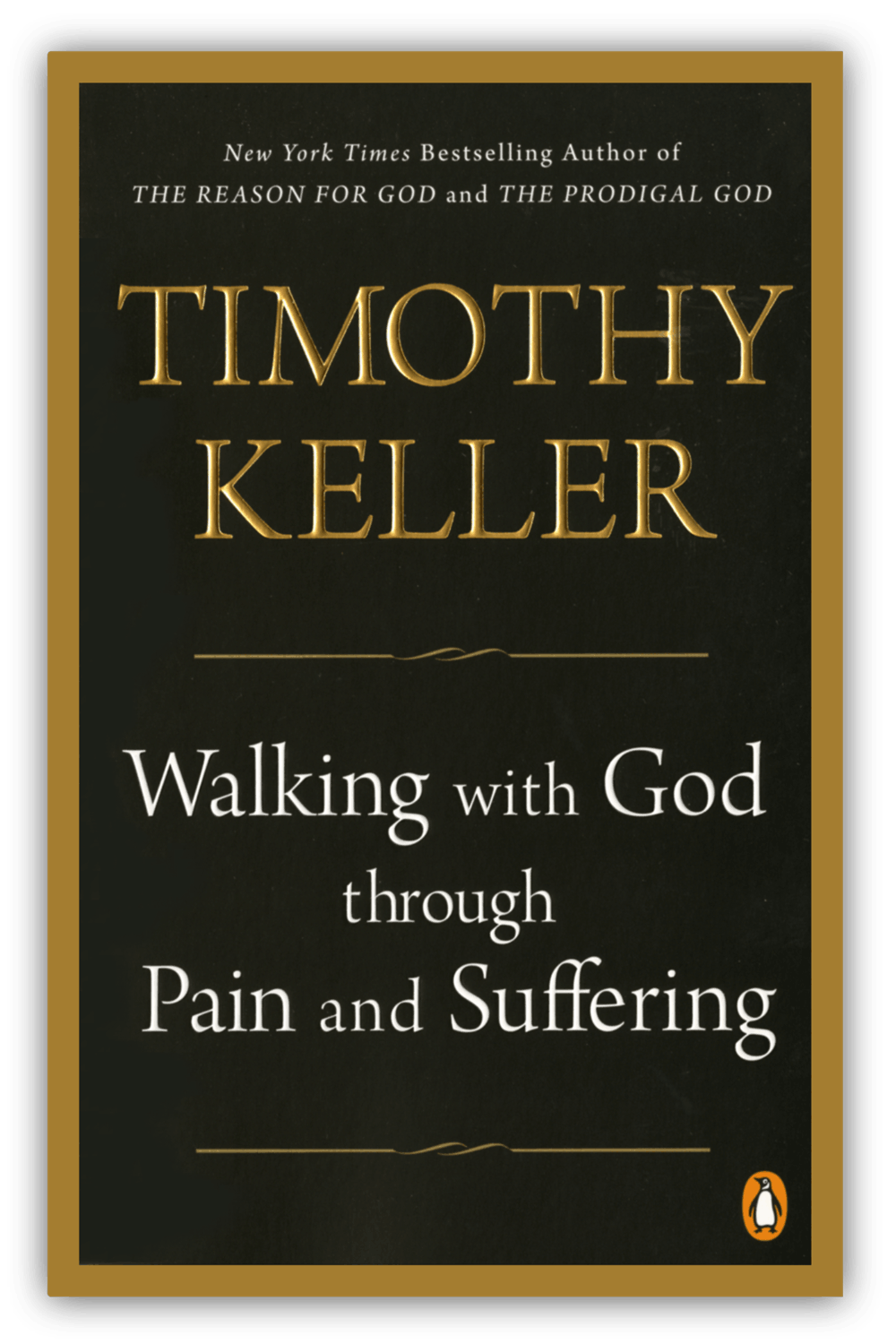The Gospel of Jesus Christ is this: The God of the universe was just in his condemnation of the sin that had spoiled his Creation and warped his creatures. But rather than visiting his judgment on us, he extended grace and forgiveness by coming into the world himself in the person of Jesus Christ, suffering as a substitute in our place, taking our punishment and awarding us his spotless record.
We become Christians when we abandon our futile efforts to earn God’s favor with our achievements and instead take the free gift of grace and forgiveness offered in Christ.
Inside the Christian church, the gift of grace and forgiveness—that we did nothing to earn—is delighted in, preached on, sung about and it’s there that we worship Jesus our savior with hope and joy. But what does it mean, what COULD it mean, outside the walls of the church in our secular society? It could mean a great deal, but only if Christians remain faithful to living as Christ called us to live—loving our neighbors as ourselves—and in so doing, being salt and light in a divided world. We must live out the gospel message of hope and forgiveness — extending grace and love to those we disagree with or are even offended by rather than putting our hope in politics to right what is wrong with the world. It is the gospel of grace and forgiveness through Jesus Christ that can bring about the healing and justice that is so sorely needed.
We must live out the gospel message of hope and forgiveness — extending grace and love to those we disagree with or are even offended by rather than putting our hope in politics to right what is wrong with the world.
Today the culture makes many Christians tend toward silence and even feel they may be attacked verbally or ostracized socially or worse for identifying as a Christian. If we are to coexist with our neighbors, Christians should express their feelings and beliefs with love and a repentant heart. Possibly more important is the consistency of our lives. As Jesus said in his famous sermon on the mount “let your light shine before others, that they may see your good deeds and glorify your Father in heaven” (Matthew 5:16).
Sadly, many Christians have missed the significance of Jesus’ further teaching in Matthew 6, where he warns against a superficial pose of righteousness in order to win praise: “Be careful not to practice your righteousness in front of others to be seen by them. If you do, you will have no reward from your Father in heaven” (verse 1ff). So how do we discern the difference between acts of righteousness meant to lead to praise of God, and actions done in order to lead to praise of ourselves, producing self-righteousness?

The account of a woman caught in adultery is found in John 8, which although a disputed passage, has always been accepted as being of apostolic origin. Here we get a clear example of grace, forgiveness and most importantly, convicting introspection that we all need to have in order to love and serve our neighbors without self-righteousness.
The religious leaders were ready to stone a woman to death for being caught in adultery. The law was clear on this point (Deuteronomy 22:22 and Leviticus 20:10), and it also was clear that the man needed to share in the punishment, as it takes two to commit adultery. Where was the man? The leaders were clearly operating with a double standard, and Jesus was having none of it. When Jesus was asked by those who had caught the woman and who were ready to commence with executing her, his words are piercing to any honest individual then and today.
“Let any one of you who is without sin be the first to throw a stone at her.”
The account (Gospel of John chapter 8, verses 2-11, NIV) goes on to explain that every accuser walked away silently until none were left but the woman. The group was ready to kill her until they did some simple and basic introspection. Jesus then said to her: “Are none of your accusers left?” And she said “No.” Then Jesus said “Neither do I condemn you, go now and leave your life of sin.”
When we look inward at our own motives, thoughts and past actions, it should give us pause before we consider judging others — even those who are or have been acting against what we believe.
The essence of a free society where everyone can coexist respectfully and peacefully is only possible to the degree that each citizen offers grace and forgiveness to those around them—to love our neighbor—even when we find them offensive.
There are two types of people we can identify with in this account. First, perhaps the most common association we make is with the leaders who are ready to judge and hand out the sentence on the woman who has broken the law. It is easy to see yourself holding the stone and ready to cast judgment on someone. We do it all the time. But when Jesus calls on us to look inward and reflect, we quickly are confronted with the harsh reality that we are not sinless. We are just as deserving of judgment as the woman.

Which brings us to the second person we identify with. Once we see that we stand judged ourselves, our association shifts to the woman. Perhaps the most convicting shift that happens when we read this account is that when we are honest and pause to reflect, we no longer identify with the angry mob, but instead begin to think—I am the woman! I have no hope except in Christ’s mercy, grace and forgiveness. Ultimately as we finish the story we see that our true and only identity that matters is in Christ. In the end we are associated with Christ who willingly stood in front of another angry mob, took their judgment and died in our place.
Jesus grounds the necessity of forgiveness in how desperately we are in need of God’s forgiveness in the parable of the unjust servant (Matthew 18:23-35). Not only should honest introspection make us acknowledge that we are sinners just as much as any other human being, but in fact we are worse sinners, in that through Christ we have received God’s mercy and forgiveness for crimes against him. So how much more should we be willing to show grace to those who offend us and forgiveness to those who sin against us?
A love-at-any-cost identity is the essence of who most of us imagine ourselves to be, but to see the fruit of that ideal, we cannot let disdain and anger cloud our resolve to look inward and critique our own hearts. Each of us must acknowledge that loving our neighbor is impossible to do on a sustainable and meaningful level without regular, honest reflection on our own faults, pride, arrogance and self righteousness, and then acting with resolve to fight those tendencies. When we do this hard and uncomfortable self-reflection on our own sinfulness—and then the Spirit-led repentance that follows—we will begin to coexist with our neighbors more peacefully, hopefully and sustainably. And we can live out of the hope, joy and liberty of our salvation which we freely receive and desire for everyone, extending grace and forgiveness to the people in our lives—friend or foe, affirming or offensive, red or blue, religious or secular, liberal or conservative—loving every neighbor the way Christ loves us.




